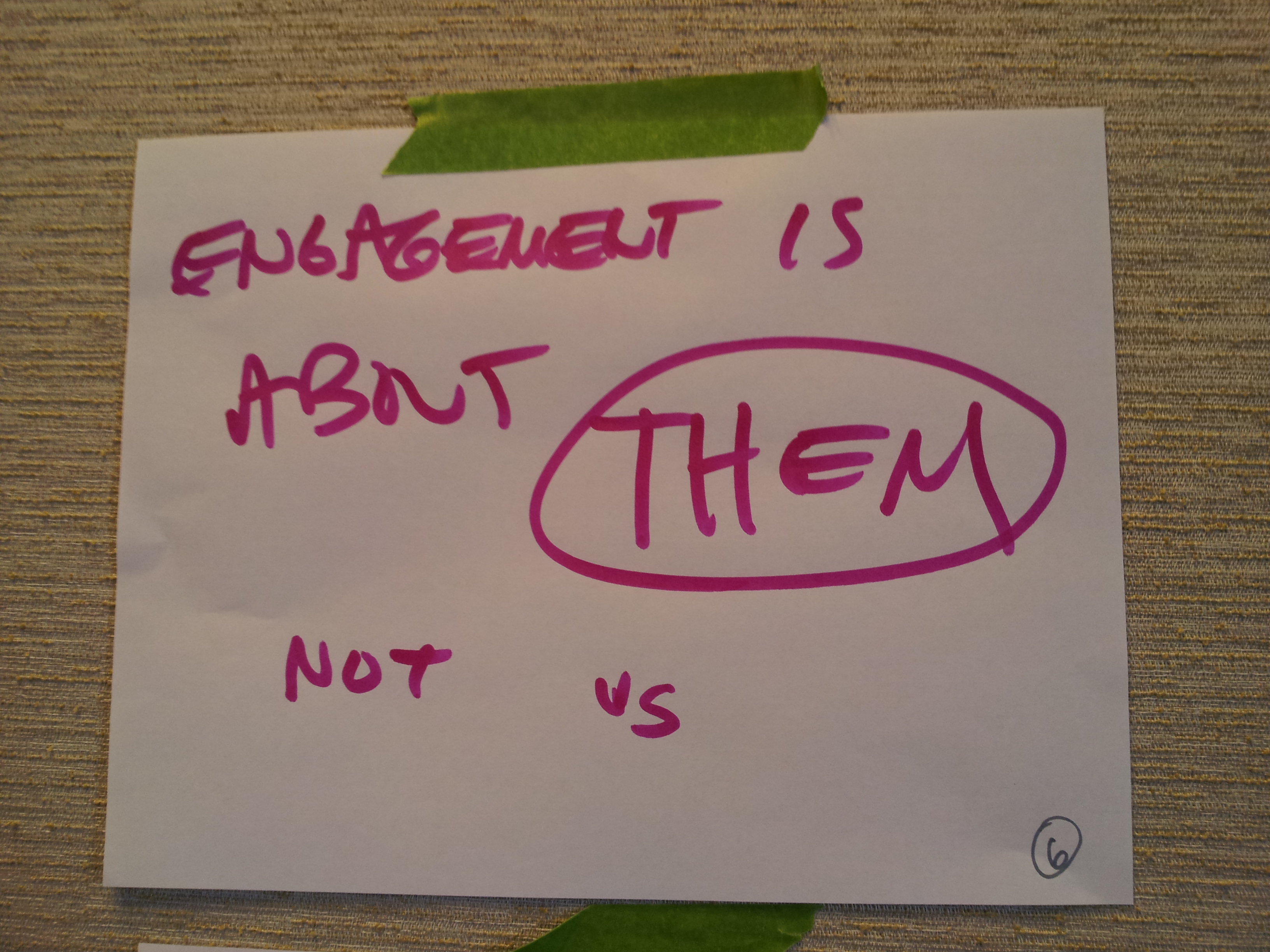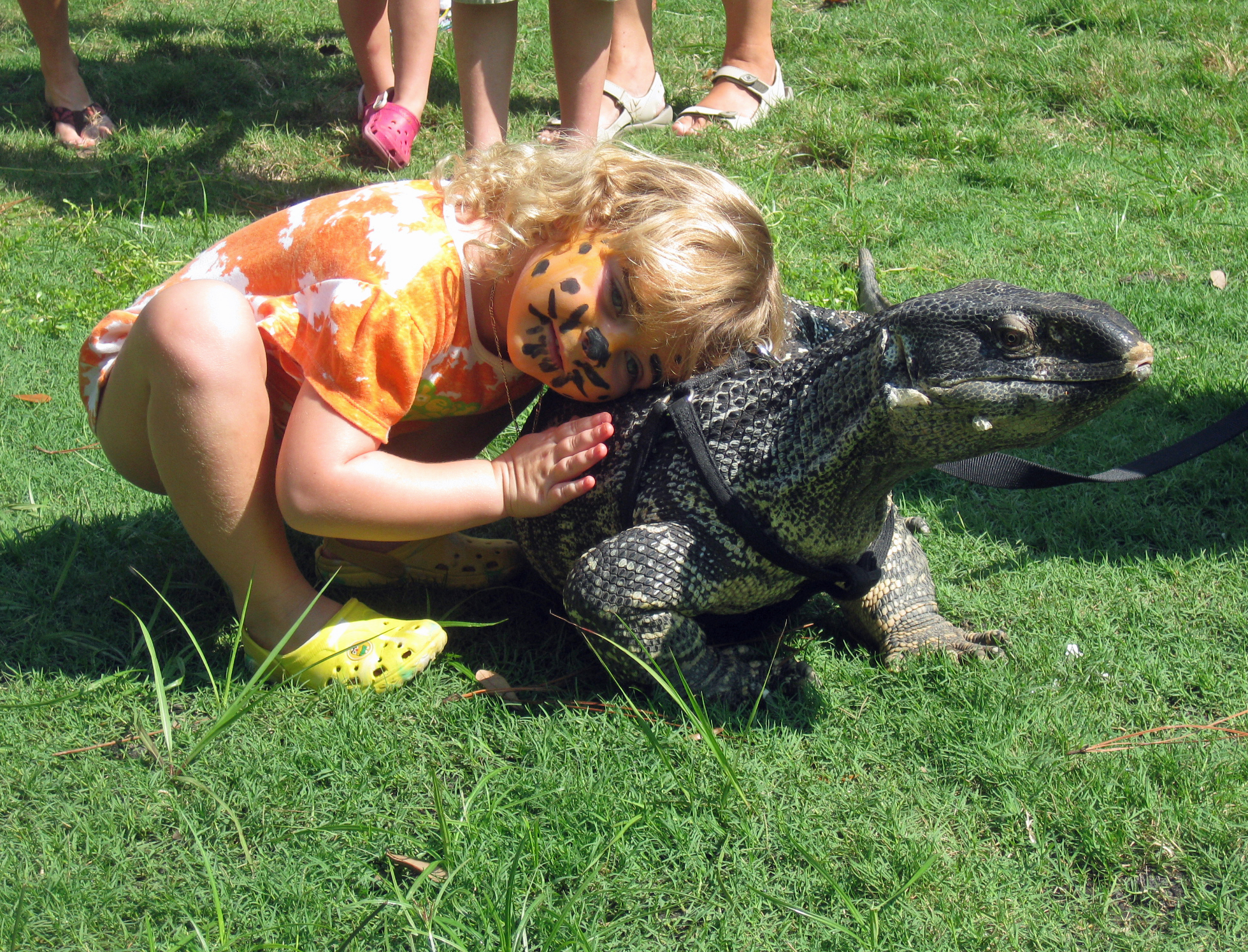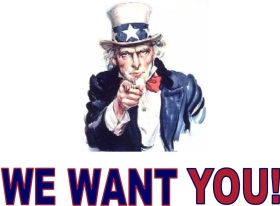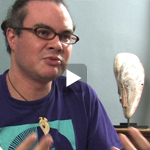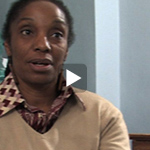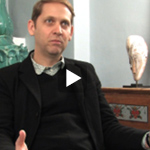This week we will be featuring conversations with leaders working in communities. Kate Balug is an artist, urbanist and educator using play to facilitate engagement, foment curiosity and build collective identity in Boston. Tanya Daud is a freelance journalist, filmmaker, curator and the founder of Aleph Collective, a multi-disciplinary initiative to present more nuanced narratives of differing cultures. Her work is closely focused on South Asia and the Muslim world. She is currently working in Dubai, United Arab Emirates. They recorded their … [Read more...]
A Framework for Meaningful Engagement
Editor’s note: As part of our blog event for The Summit at Sundance, we have invited participants in The Chief Executive Program to frame each of our problems to solve. Here, John Wetenhall poses a series of questions for thinking about the problem: Engage users/customers/stakeholders as true collaborators in shaping an institution's agenda. Beyond any fiscal challenges that cultural organizations may face, the core of what we do involves a meaningful, resonant and personal relationship with every human being who engages with our form of … [Read more...]
Relinquishing Control
Editor’s note: As part of our blog event for The Summit at Sundance, we have invited participants in The Chief Executive Program to frame each of our problems to solve. Here, Keith Winsten takes on the problem: Engage users/customers/stakeholders as true collaborators in shaping an institution's agenda. Across many types of experiences, from retail to food to leisure, consumers are demanding more and more customization. And the rise of smart phones and other handheld digital media devices have made this customization available in real time. … [Read more...]
Tell me about a time…
Hearing about how our colleagues in the field address challenges can be extremely motivating and energizing. But sometimes, it’s hard to see how the steps one organization took can be translated to our own work. There’s no carbon copy solution to the issues facing the field but we can certainly benefit from understanding others’ experiences. What’s important is to find the key lessons that emerge from an experience rather than focus on the how-to of a particular example. At NAS, we love digging into stories from the field to find these learning … [Read more...]
Museums in the Digital Age
Sebastian Chan is director of digital and emerging media at the Smithsonian Cooper-Hewitt National Design Museum and a Salzburg Global Forum for Young Cultural Leaders Fellow. Watch the following clips and add your voice to the discussion, using the comments below to weigh in with your thoughts. In this clip, he talks about the convergence of street, markets and institutions and how that affects and is affected by the notion of "quality art." Here he discusses the challenge faced by institutions as culture becomes … [Read more...]
How can cultural organizations work with their communities rather than for their communities?
Watch the following video in which Mulenga Kapwepwe, Chairperson of the National Arts Council of Zambia and a faculty member of the Salzburg Global Forum for Young Cultural Leaders, discusses how widening your definitions can broaden your understanding of community. Add your voice to the discussion. Use the comments below to weigh in with your thoughts on the role of an arts organization. … [Read more...]
What are the arguments for the arts that resonate with contemporary society?
Watch the following video featuring Patrick McIntyre, Executive Director of the Sydney Theatre Company and Salzburg Global Forum for Young Cultural Leaders faculty member, discussing the need to talk about the arts in terms of its benefits rather than its features. Add your voice to the discussion. Use the comments below to weigh in with your thoughts on how we in the arts create and articulate value. … [Read more...]
A conversation on TED.com: With the advent of amazing online videos, why are we still so compelled to experience live performance?
We've all heard about the TED videos, but there's also a section of the TED site dedicated to conversations about issues. I found this one particularly interesting for arts and culture leaders. The comments touch on what is "online" and what is "live," the importance of context and the gulf that sometimes exists between artists and audience. What do you think? Why are audiences compelled to experience live performances? What is a "live" performance? A conversation on TED.com: With the advent of amazing online videos, why are we still so … [Read more...]
Don’t throw that home run ball back!
A bit of a longer leap than usual, but stick with me for a moment. Baseball fans have taken to throwing back home runs hit by the opposing team, a practice this author decries as "the worst tradition in baseball." This article on the trend made me think about one of the challenges we face every day in arts and culture. The author is speaking as an expert, as a connoisseur of baseball. For him, you should keep the home run ball hit by your opponent because, in the bigger picture, it is a great souvenir. If you love baseball, you know the … [Read more...]
A Logo Is Not a Brand
A great post by Dan Pallotta on the HBR blog site. He talks about brands as a whole range of things -- tangible and intangible -- that contribute to your customers' perceptions. I found the article a good reminder that as organizations that deliver experiences, we must keep our brand in the forefront of our minds. We should put ourselves into our customers' shoes, thinking about all of the details that affect their perceptions. What's your organization's brand? A Logo Is Not a Brand - Dan Pallotta - Harvard Business Review. … [Read more...]
OpenIDEO – Home
IDEO, as you may know (including those of you who have studied the organization in one of our seminars) is one of the world's top product design firms. OpenIDEO is their open innovation site where they use crowdsourcing to develop ideas for addressing social issues. The site is interesting in its own right, but I wanted to highlight it because it is such an interesting example of an organization finding a way to embody in technology the thing that is unique about them, and use technology to extend that experience to a much larger audience. … [Read more...]


